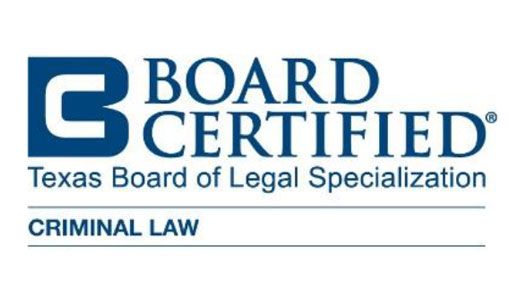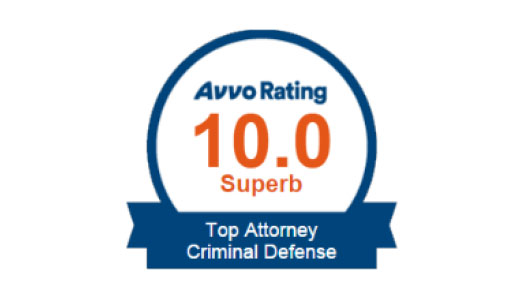DWI/DUI
Driving While Intoxicated
Driving While Intoxicated (DWI) is one of the most commonly prosecuted offenses in the State of Texas. In Harris County alone, over 10,000 individuals a year are detained and arrested for this offense. As Harris County leads the country in drunk-driving fatalities, law enforcement finds itself working harder and harder to find people and arrest them for this serious offense. In Montgomery County, Texas, the number of DWI arrests have tripled in the last two years. Accordingly, if you or a loved one find yourself suspected of or charged with this offense, you need an experienced and knowledgeable attorney who will fight just as hard to protect you and your rights – you need Board Certified Criminal Attorney Brent Mayr working for you.
What is Driving While Intoxicated?
Driving While Intoxicated (DWI) is operating a motor vehicle in a public place while intoxicated. Intoxicated means either that a person has (1) lost the normal use of their mental faculties by the reason of the introduction of alcohol, a controlled substance, dangerous drug and/or other substance into the body, (2) lost the normal use of their physical faculties by the reason of the introduction of alcohol, a controlled substance, dangerous drug and/or other substance into the body, or (3) having a breath or blood alcohol concentration of 0.08 or more.
What is the difference between DWI and DUI?
Your age. Any person who is operating a motor vehicle in a public place while intoxicated, as explained above, can be charged with Driving While Intoxicated (DWI), whether the person is, for instance, 15 or 50. However, if you are a “minor” – under the legal age permissible for consuming alcohol – and have any detectable amount of alcohol in your system, you could be charged with Driving Under the Influence (DUI). In other words, only a minor can be charged with DUI. DUI, although less serious than DWI in terms of possible punishment, still carries harsh consequences such as driver’s license suspensions and penalties on your driving record.
One of the common misperceptions is that DWI is for alcohol and DUI is for drugs, controlled substances, or other drugs. As explained above, the “intoxication” in DWI can come from alcohol, a controlled substance, dangerous drug and/or other substance into the body.
What is the possible punishment for DWI?
Texas has a “graduated” system for imposing penalties related to driving while intoxicated. A first DWI conviction is a class B misdemeanor carrying with it a possible punishment of up to six months in the county jail and up to a $2,000 fine. The law was recently changed to allow a first DWI with a breath or blood test showing the person was over a 0.15 BAC to be enhanced to a class A misdemeanor carrying with it a possible punishment of up to one year in the county jail and up to a $4,000 fine. A person with a previous conviction for DWI can find themselves charged with DWI 2nd, also a class A misdemeanor carrying with it a possible punishment of up to one year in the county jail and up to a $4,000 fine. The most severe case is where a person has two prior convictions – whether received at the same time or one after the other – DWI 3d, a third-degree felony. Felony DWI 3d carries with it a possible punishment from 2-10 years in prison.
With each one of these cases, probation is an available option, however, depending on the severity, conditions of that probation can be severe including jail time (yes – you still go to jail even though you are on probation), interlock devices, and steep fines and fees.
The “real” punishment for DWI, however, comes with the collateral consequences. First, and foremost, the law does not allow for “deferred adjudication” – a special probation that keeps a conviction off of your record – for any DWI-type offense. That means that if you are found guilty of DWI, whether you receive probation or even a short jail sentence, it is on your record for the rest of your life. In other words, you could find yourself 20 years down the road having to explain to an employer, a bank, or a police officer a DWI that you had years prior. Second, while you criminal case is being prosecuted by the State of Texas represented by a district attorney in the county of your arrest, the Texas Department of Public Safety is taking its own steps to punish you even for just being arrested for DWI. This includes actions to suspend or cancel your driver’s license and impose enormous surcharges (up to $6,000.00 over three years) just to keep your driver’s license.
Brent Mayr is one of the leading attorneys in the State of Texas in regards to Driving While Intoxicated. He has represented a number of individuals charged with various types of DWI and secured dismissals and acquittals for several of them. He has lectured to other attorneys around the State on issues related to DWI. Not only was he a former prosecutor who handled DWIs, he was the Chief of the Vehicular Crimes Section of the Harris County District Attorney’s Office – the section responsible for handling high-profile intoxicated driving cases. He can put his experience, knowledge, and skills to work for you if you or a loved one are charged with Driving While Intoxicated.





